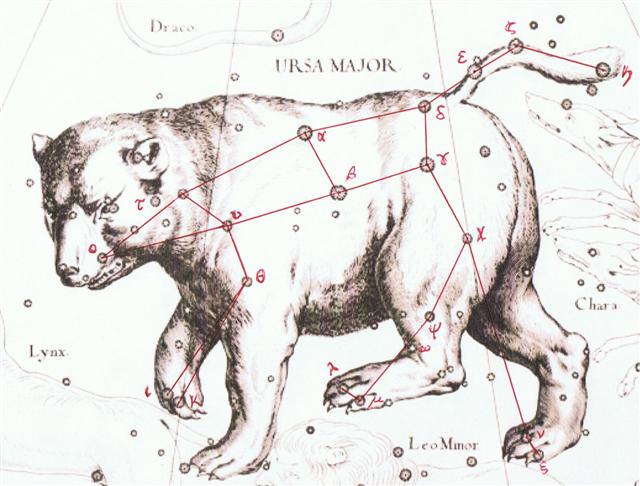|
ADDENDA
222.14 Then we have also to consider the complex glyph 99 days further ahead:
There were 6 'sleeping mats' to be counted from the culmination (at 21h) of Thuban in June 7 (Ca4-2) up to and including June 12 (Ca4-7). Similarly there were 6 such days to be counted from the day the Sun reached November 25 (329) at Antares (*249) to (but not including) December 1 (335), i.e. from Ca9-21 to Ca9-27. And finally there were 6 such days to be counted to March 10 from March 4 (31 + 28 + 4 = 63) when the Sun reached the right ascension day *348 at the Mouth of the South Fish in Pisces - Fum al Samakah - i.e. when in the night the Full Moon ideally should be visible at Dubhe in Ursa Major.
... Menkaure was allegedly a much more benevolent Pharaoh than his predecessors. According to legends related by Herodotus, he wrote the following: This Prince (Mycerinus) disapproved of the conduct of his father, reopened the temples and allowed the people, who were ground down to the lowest point of misery, to return to their occupations and to resume the practice of sacrifice. His justice in the decision of causes was beyond that of all the former kings. The Egyptians praise him in this respect more highly than any other monarchs, declaring that he not only gave his judgements with fairness, but also, when anyone was dissatisfied with his sentence, made compensation to him out of his own purse and thus pacified his anger. The Gods however ordained that Egypt should suffer tyrannical rulers for a hundred and fifty years according to this legend. Herodotus goes on: An oracle reached him from the town of Buto, which said 'six years only shalt thou live upon this earth, and in the seventh thou shalt end thy days'. Mycerinus, indignant, sent an angry message to the oracle, reproaching the god with his injustice - 'My father and uncle,' he said 'though they shut up the temples, took no thought of the gods and destroyed multitudes of men, nevertheless enjoyed a long life; I, who am pious, am to die soon!' There came in reply a second message from the oracle - 'for this very reason is thy life brought so quickly to a close - thou hast not done as it behoved thee. Egypt was fated to suffer affliction one hundred and fifty years - the two kings who preceded thee upon the throne understood this - thou hast not understood it'. Mycerinus, when this answer reached him, perceiving that his doom was fixed, had lamps prepared, which he lighted every day at eventime, and feasted and enjoyed himself unceasingly both day and night, moving about in the marsh-country and the woods, and visiting all the places he heard were agreeable sojourns. His wish was to prove the oracle false, by turning night into days and so living twelve years in the space of six ... |
|||||||||||||||||||||||||||||||||||||||||||||||||||||||||







